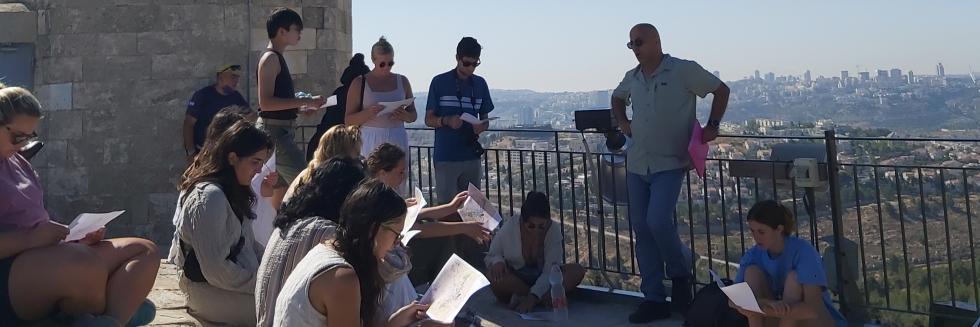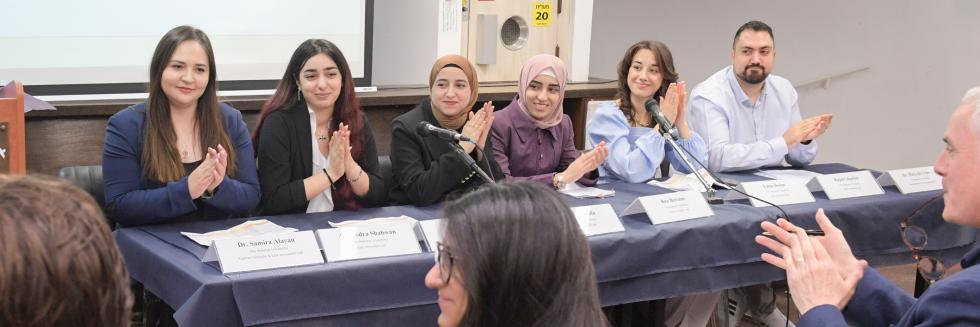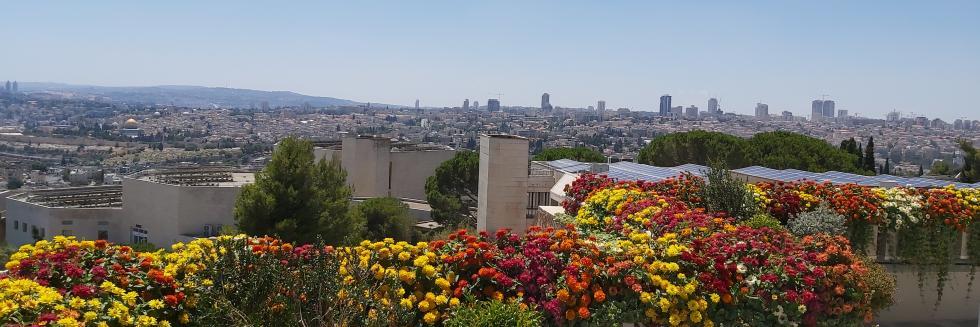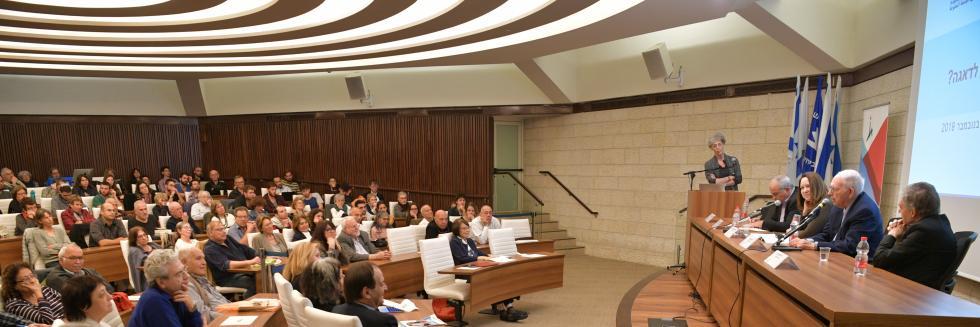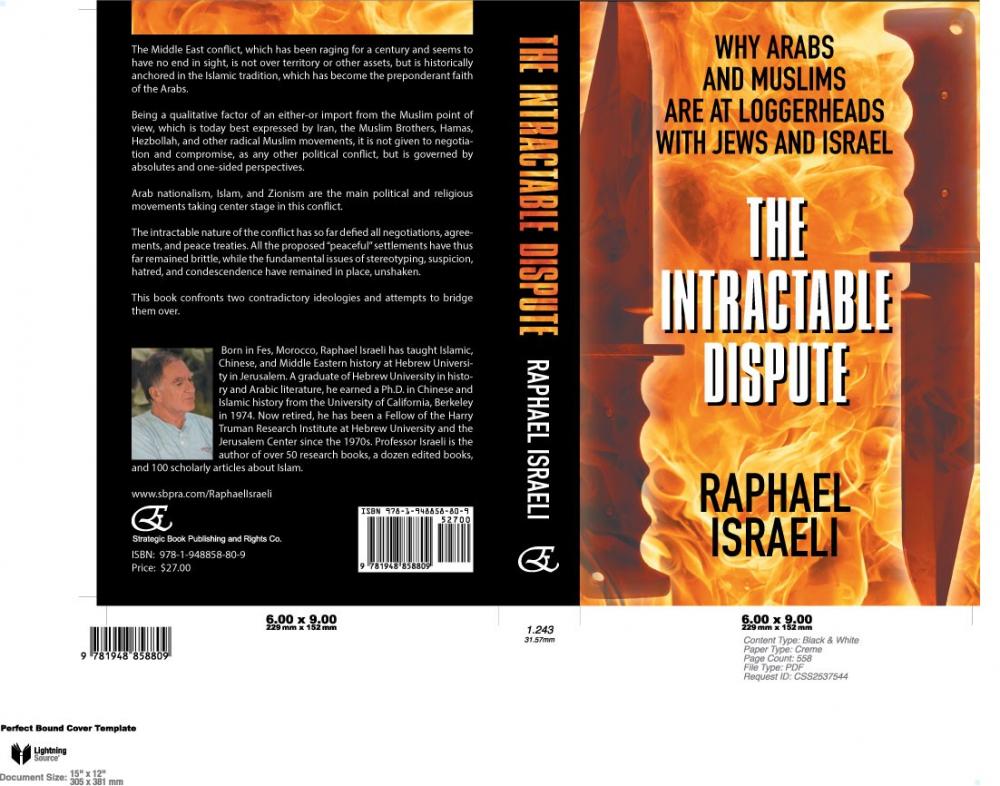Citation:
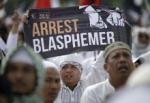
Abstract:
Until recently, Jakarta, the hub of Indonesian politics, was caught in the eye of a storm marked by two recent events. The first involved Jakarta’s ethnic Chinese Christian Governor Basuki Tjahaja “Ahok” Purnama, who was charged in November 2016 and later convicted of a criminal act of blasphemy against Islam. There followed three massive protests — organized by a coalition of hardline Islamic groups. and calling for the governor’s prosecution — that paralyzed the city center and threatened to drive a wedge between the country’s Muslim majority and its three million ethnic Chinese citizens. The second event was Ahok’s crushing defeat in a bid for reelection in April following a divisive campaign that gave hardliners the national stage, while those moderate Islamic organizations with far larger followings appearing, according to some commentators, as having essentially remained on the sidelines.

